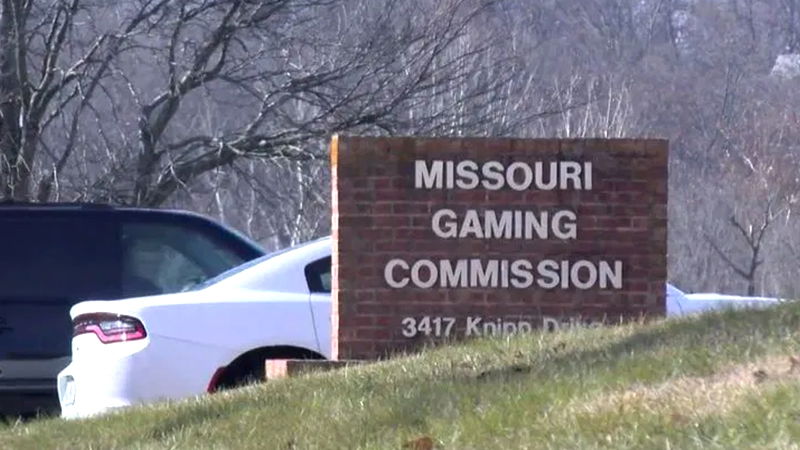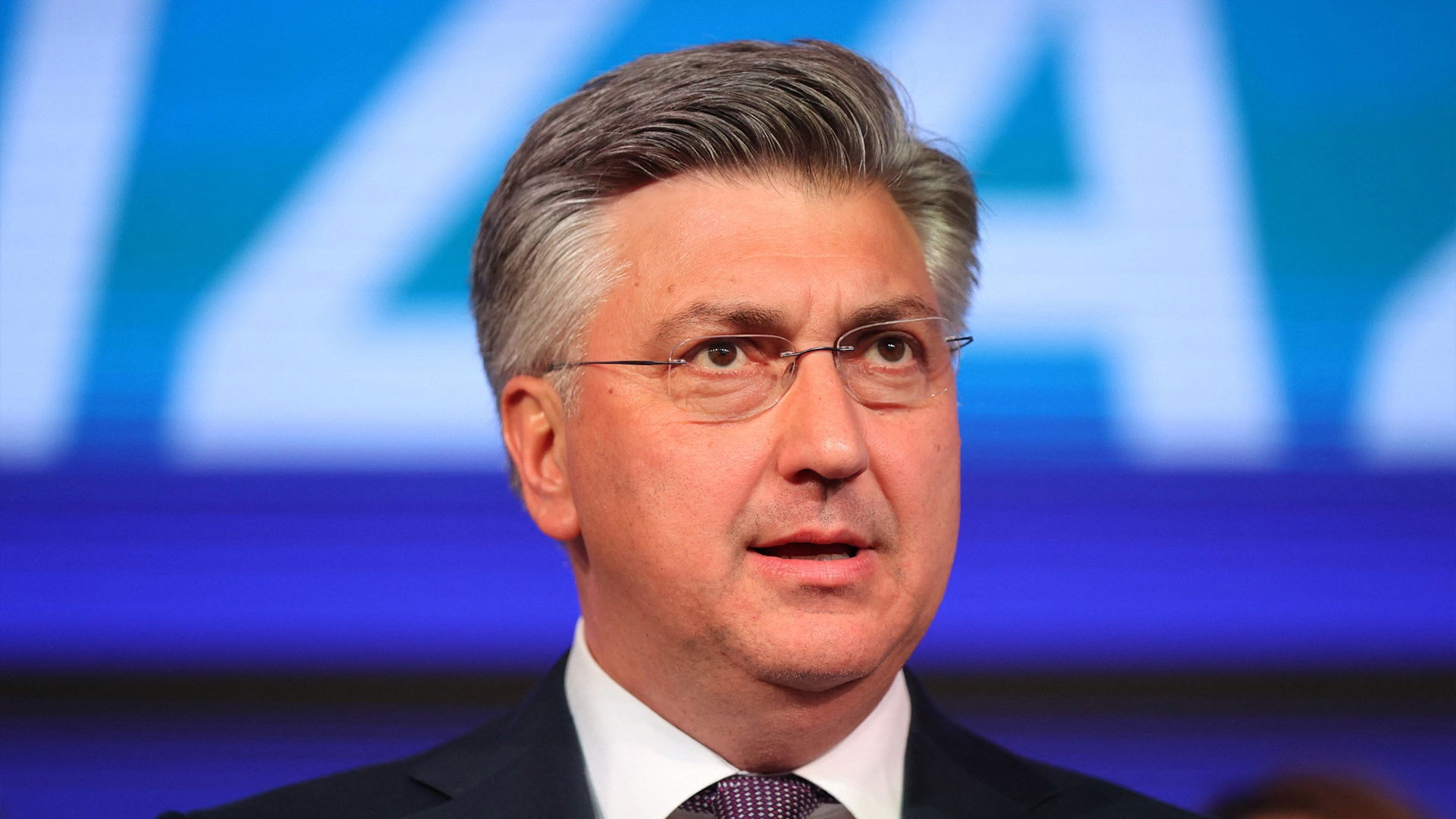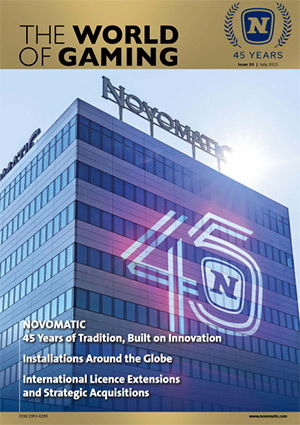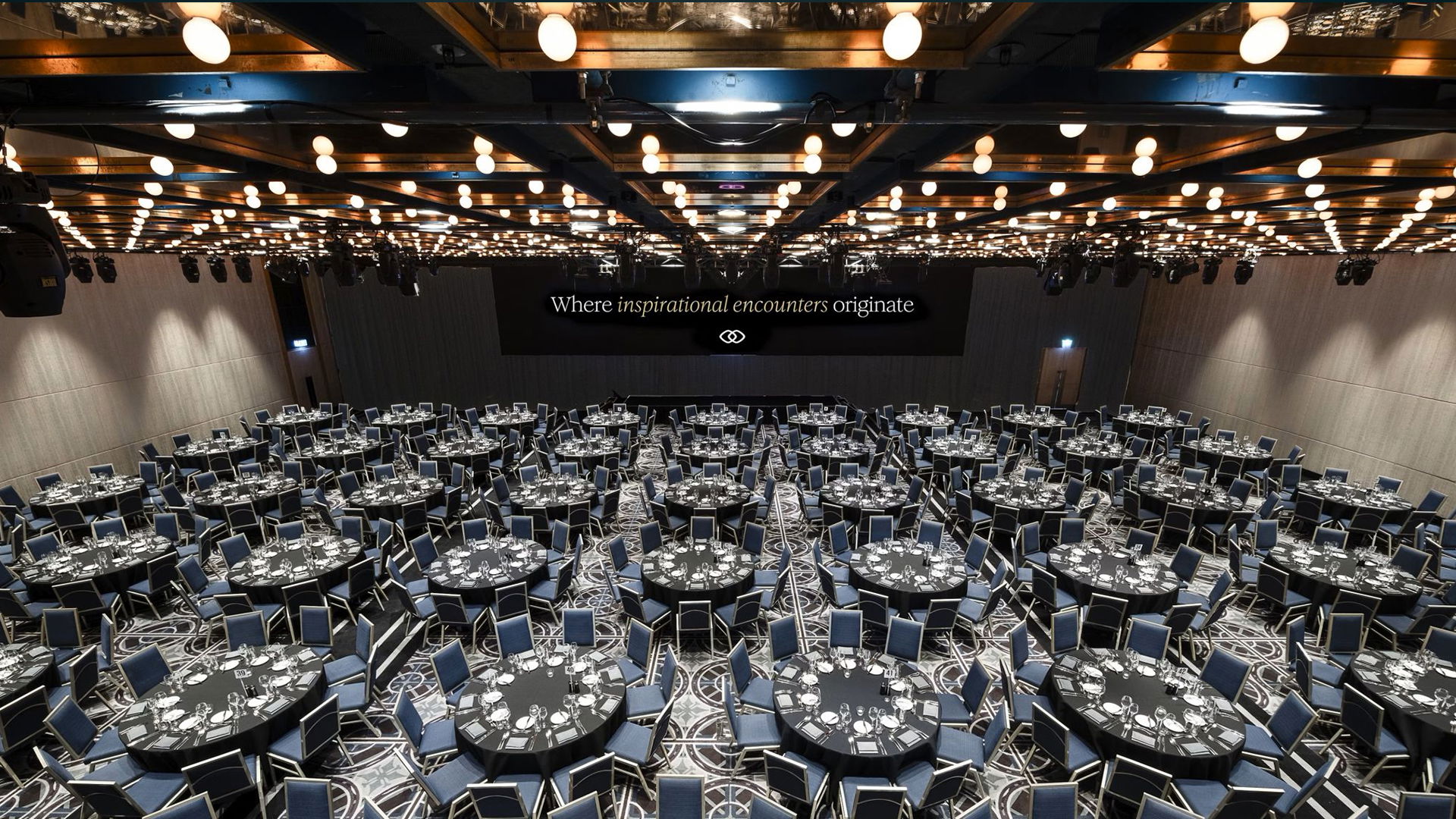Vermont Senate grants preliminary approval to bill that legalizes online sports betting
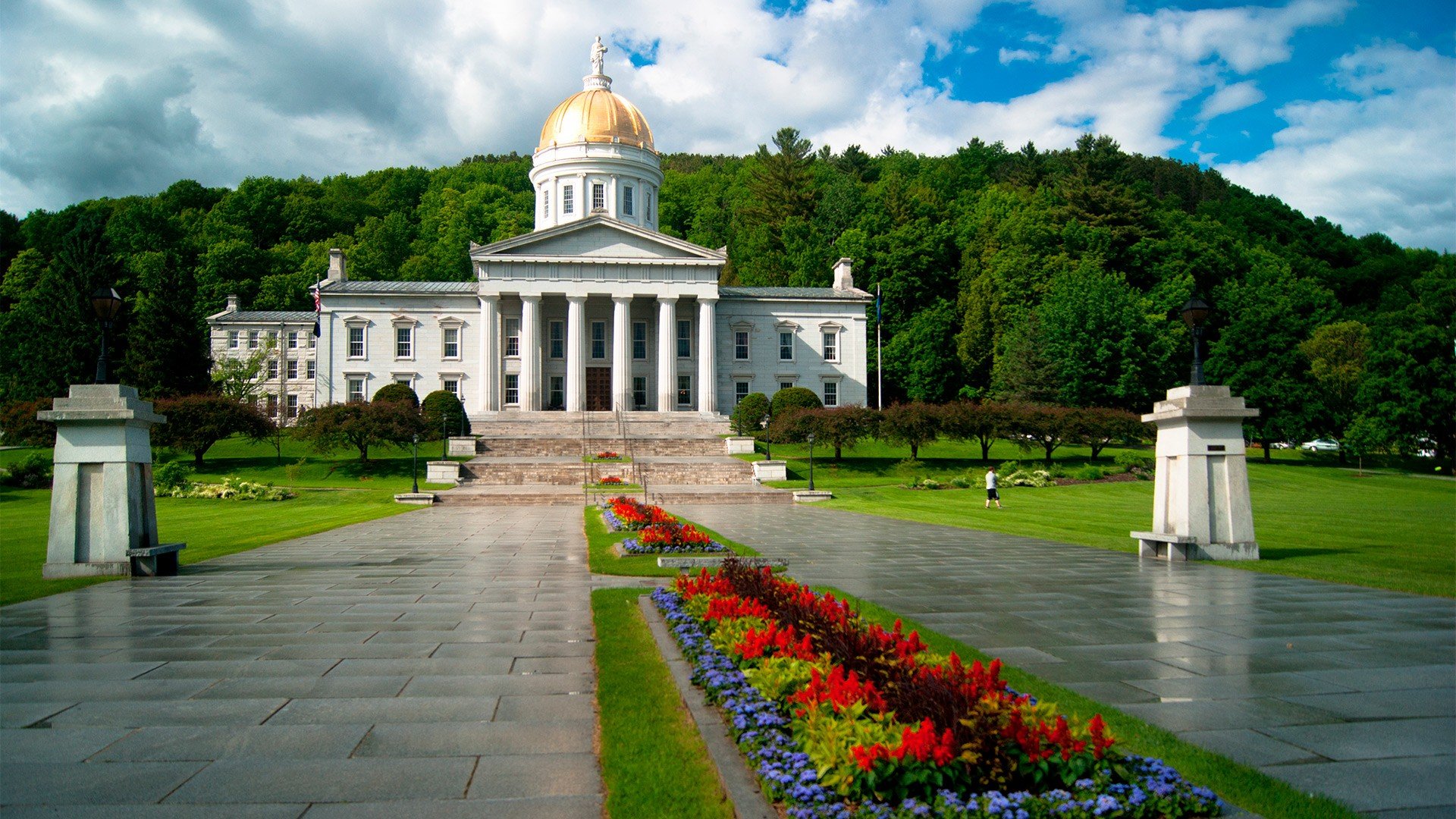
The Vermont Senate granted preliminary approval on Wednesday to a bill that would legalize online sports betting in the state, tweaking some of the proposed regulations in the version passed by the House. Bill H127 must now get final approval from the Senate before returning to the House for its review. Lawmakers expect that, if the bill becomes law, a legal sports betting market will be up and running in January 2024.
H127 would allow for up to six companies to operate sportsbooks in the state. The legislation would create a dedicated fund to hold the revenue and fees the state would collect in its role overseeing the market and set aside some of that money for programs and resources targeting problem gambling.
"It's got lots of guardrails," said Sen. Alison Clarkson, D-Windsor, presenting H.127 on the Senate floor, as reported by VT Digger. "A lot of attention has been paid to ensure responsible gaming."
The Senate's version of H.127 maintains a House proposal that Vermont take at least 20% of the adjusted gross revenue that sports betting operators make in the state each year. But it changes the operating fees that the state would charge each company.

In the Senate bill, each operator would be charged a $550,000 fee no more than once every three years. The House, meanwhile, proposed charging operators an annual fee that would vary based on how many other companies were in the market — from $550,000 a year for one operator down to $125,000 a year for six operators.
Sen. Thomas Chittenden, D-Chittenden Southeast, said the Senate Finance Committee — which he sits on — thinks this change would encourage sportsbook companies to operate in Vermont for longer periods of time. And higher fees for more companies, Chittenden suggested, could also bring in more revenue for the state.
The Legislature's Joint Fiscal Office has projected fairly modest revenue from legal sports betting — about $2 million — in the 2024 fiscal year. That figure is expected to increase to between roughly $4.5 million and $10.5 million in 2025, then level out around $10 million each year after that, Clarkson said on Wednesday.
Senators also agreed to cut language from the House version that would cap the amount of money sports betting operators could spend on advertising. Clarkson said she and other senators on the Economic Development, Housing, and General Affairs Committee thought that the bill should avoid being "too prescriptive" about the agreements the state would reach with sports betting operators for their advertising plans.

Wendy Knight, commissioner of the state Department of Liquor and Lottery — which would oversee the market — has said she’s confident that her agency could develop stringent advertising guidelines without a monetary cap imposed by lawmakers.
H127 would require sports betting companies to “limit” advertising aimed at people under age 21, who would be, at least legally, barred from wagering platforms, as well as prohibit the companies from targeting college campuses with their ads.
Another amendment tacked onto the bill Wednesday doubles the fines that the state would charge to any company or organization that operates unlicensed sports betting in the state. The fines would now be $50,000 for a first offense, $150,000 for a second offense, and $300,000 for all subsequent infractions, according to the text of the amendment.


